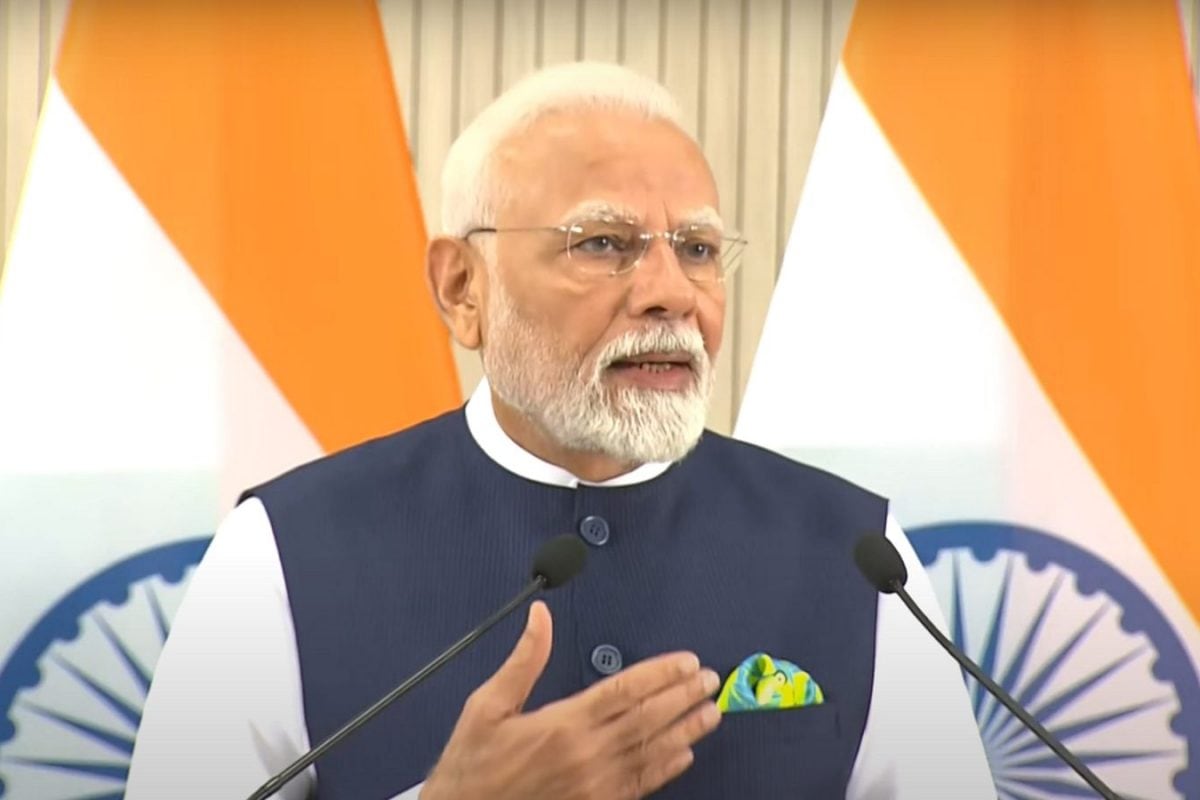

Amidst escalating tensions in the Middle East following Israeli airstrikes on Iranian nuclear and military facilities, Indian Prime Minister Narendra Modi has reiterated his call for peace and dialogue. In a phone call with Israeli Prime Minister Benjamin Netanyahu on Friday, June 13, 2025, Modi conveyed India's deep concern regarding the evolving security situation and emphasized the urgent need for the restoration of peace and stability in the region.
The conversation between the two leaders occurred after Israel launched a wide-ranging assault on Iranian targets, reportedly resulting in the deaths of senior military officials and nuclear scientists. These strikes, described by an Israel Defense Forces spokesperson as "precise, preemptive," aimed to disrupt Iran's nuclear capabilities in response to continued aggression. Netanyahu has since engaged with multiple world leaders, including those of Germany and France, and plans to speak with the leaders of the US, UK and Russia, conveying that the strikes were essential in light of direct threats from Iran.
India, which maintains close and friendly relations with both Iran and Israel, has expressed its deep concern over the recent developments and urged both countries to avoid any escalatory steps. The Ministry of External Affairs (MEA) has stated that existing channels of dialogue and diplomacy should be utilized to de-escalate the situation and resolve underlying issues. India has also advised its nationals in the region to exercise caution and adhere to local security advisories, anticipating a potential deterioration of the security situation.
PM Modi's emphasis on dialogue aligns with India's long-standing approach to resolving international conflicts. India has historically advocated for peaceful negotiations and diplomatic solutions, even abstaining from a United Nations General Assembly resolution demanding an immediate ceasefire in Gaza, with the belief that conflicts can only be resolved through dialogue and diplomacy.
The current crisis unfolds against a backdrop of already strained relations between Israel and Iran. Israel has long viewed Iran's nuclear program as a threat to its existence, while Iran has been a vocal critic of Israeli policies. The recent exchange of strikes has heightened fears of a full-blown regional conflict, with potentially devastating consequences.
The international community is now watching closely, with many countries calling for restraint and de-escalation. The United States, while denying direct involvement in the Israeli strikes, has acknowledged awareness of Israel's plans, and urged Iran to return to negotiations.
As the situation remains volatile, PM Modi's call for peace and dialogue underscores the importance of diplomacy in preventing further escalation. India's role, given its strong relationships with both nations, could prove crucial in facilitating communication and fostering an environment conducive to de-escalation and peaceful resolution. The emphasis on peace reflects a broader understanding that in this era, dialogue and diplomacy are the most viable paths toward ensuring regional and global stability.